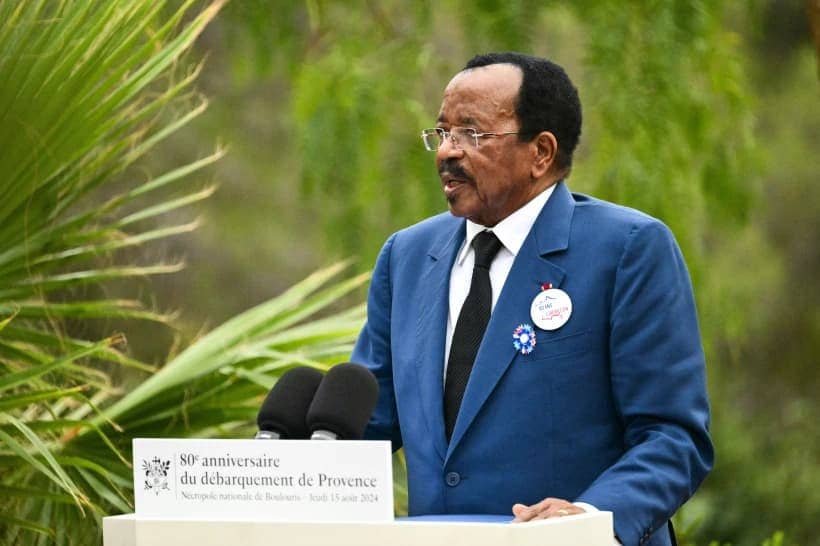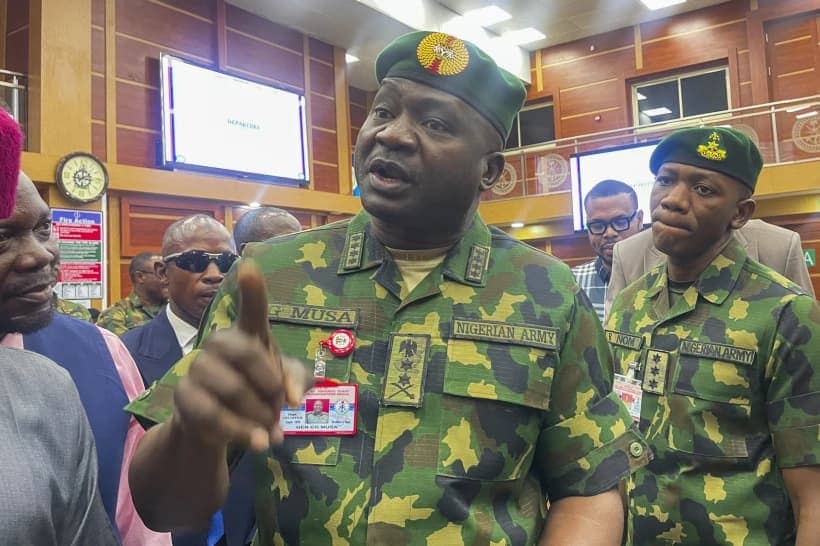YAOUNDÉ, Cameroon – As the world concentrates on the COVID-19 pandemic, the head of Caritas Internationalis says the crisis in Africa’s Sahel region is being forgotten.
The region is the semi-arid area between North Africa and sub-Saharan Africa, and includes countries such as Niger, Mali, and Burkina Faso.
Burkina Faso is 60 percent Muslim, with Christians making up about a quarter of the population. Mali is around 90 percent Muslim, with Christians making up about 5 percent of the population. Niger is over 99 percent Muslim and just 0.3 percent Christian.
The Sahel has been plagued by Islamist insurgents, who often target Christian minorities, as well as ongoing food shortages and other humanitarian emergencies.
According to ECOWAS, a regional body for West Africa, more than 2,200 terrorist attacks have taken place across the Sahel in the last four years, resulting in the deaths of 11,500 people. Thousands more have been wounded and millions of others displaced.
“At a time when the world has gone COVID-19, a certain number of important crises are forgotten,” Caritas Internationalis secretary general Aloysius John told Crux.

“The Sahel food crisis is a forgotten crisis. This is a long-term crisis, with no solution in the offing to ensure dignified lives of the poorest. Donor fatigue, other crises that overshadow the Sahel crisis and above all the COVID-19 pandemic have made the Sahel humanitarian crisis a forgotten one,” he said.
Burkina Faso has become the epicenter of the crisis, with its national Caritas warning that 2.2 million people could go hungry in coming months “due to conflict and extreme weather conditions if no help is given.”
Once a peaceful country where different ethnic and religious groups co-existed, Burkina Faso has become the focus of jihadist attacks in the Sahel, with ordinary people becoming unwilling victims of continued crossfire.
Last year, at least 428 people were killed, making it the deadliest year on record.
By the end of February this year, around 780,000 people had been forced to flee, and 56 percent of these displaced people do not have access to shelter. The number of those in need of humanitarian assistance had risen to 2.2 million in January, up from 1.5 million in December.
In addition, 338,000 children have been forced out of school after 2527 shut down due to the lack of security.
Burkina Faso is also trying to deal with the 31,000 refugees fleeing from neighboring Mali.
The Caritas head notes that even the media “has turned their attention to those crises that are new, the news does not speak any more of this crisis in Burkina Faso.”

“There is a sense of indifference to this major crisis wherein one part of humanity is put through trials and tribulation, suffer from hunger; children and women being the most affected,” John told Crux.
He said the Sahel situation is heading towards a dramatic turn, aggravated by the COVID-19 crisis.
“Caritas as a service of the Church is highly concerned about the situation. Pope Francis called for an immediate solution to this crisis and called on authorities to protect vulnerable civilians. We join the Holy Father in addressing the concern of the Caritas in the Sahel region to help these victims of multiple crises,” John said.
“Our society cannot turn a deaf ear to the cry and the silent suffering of these victims who are deprived of their basic right to food and dignity. They are our brothers and sisters; it is our duty to help them live their humanity in dignity,” he added.
Caritas has launched a $750,000 emergency appeal to help those displaced in Burkina Faso.
“We often hear that the world has forgotten the crisis in the Sahel. Countries such as Burkina Faso are facing a variety of challenges and, without help, people are going to suffer terribly. There is limited access to nutritious food for those who are displaced, nor do they have much access to water for drinking or for hygiene purposes, “said the Director of Caritas Burkina Faso, Father Constantin Sere.
The priest said the coming of the rainy season means many will lack adequate shelter to “face the storms, winds and floods that will ensue over the next three to five months.”
He said the appeal is meant to provide those displaced, as well as families who host the displaced, with food and cash support over four months until the end of October 2020.

The distribution of aid will focus on the dioceses of Kaya, Fada N’Gourma, Nouna and Dédougou, and will support 1,500 households for one month.
Sere says the people of Burkina Faso are tired of war and want a return to peace.
“If you ask a displaced person what they desire most, they say they want to return to their villages. I fear that this won’t happen for a long time as the violence isn’t abating. In spite of the efforts of the State, armed groups continue to sow terror and take away lives in our country,” he said.
“The future is worrying but we continue to put our faith in God and in the love of our brothers and sisters across the world,” the priest added.














